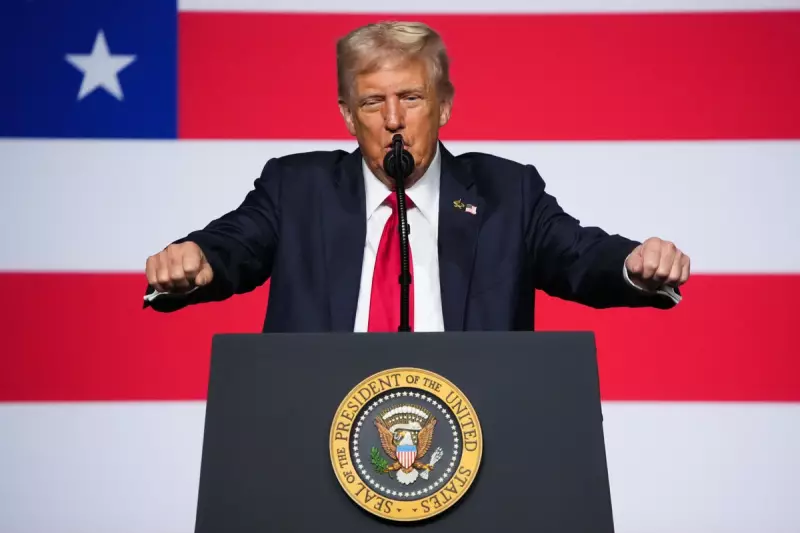
Former US President Donald Trump has unveiled a controversial blueprint for Middle East peace that would dramatically reshape the region's political landscape in the aftermath of the Gaza conflict.
The Trump Doctrine for Gaza
In an exclusive revelation, the Republican frontrunner outlined a comprehensive strategy that would see multiple Arab nations taking responsibility for Gaza's reconstruction and governance. Trump's plan represents a significant departure from current Biden administration policies and has already sparked intense debate among international observers.
'We're going to make the deal to end all deals,' Trump declared, emphasising his confidence in achieving what he described as the ultimate peace agreement between Israel and Palestinian factions.
Regional Power Involvement
The proposed solution involves a coalition of Arab states, potentially including Egypt, Saudi Arabia, and the United Arab Emirates, working collectively to stabilise and rebuild the war-torn territory. This approach mirrors Trump's previous Middle East diplomatic achievements through the Abraham Accords while expanding their scope significantly.
Trump didn't mince words when assessing the current situation, stating that recent events have fundamentally altered the prospects for peace. His comments suggest a belief that the October 7th attacks and subsequent military operations have created both new challenges and opportunities for regional diplomacy.
Critique of Current Administration
The former president offered sharp criticism of the Biden administration's handling of the conflict, suggesting that American leadership has been lacking during the crisis. Trump positioned himself as the only candidate capable of restoring US influence and brokering what he termed 'the mother of all deals' in the region.
Political analysts note that Trump's proposal represents a significant escalation of his previous Middle East policies and could redefine Republican foreign policy positions heading into the next election cycle.
International Reaction and Implications
The international community is closely monitoring these developments, with European and Middle Eastern leaders assessing the potential impact of Trump's return to the political arena. The proposal comes at a critical juncture in the conflict, as diplomatic efforts intensify to secure a lasting ceasefire and address humanitarian concerns in Gaza.
As the 2024 presidential election approaches, Trump's Middle East strategy is likely to become a central foreign policy debate point, contrasting sharply with current administration approaches and offering voters distinctly different visions for America's role in resolving one of the world's most intractable conflicts.






